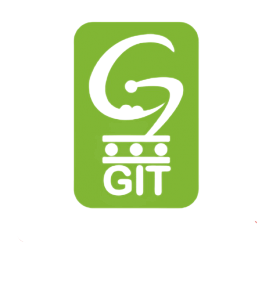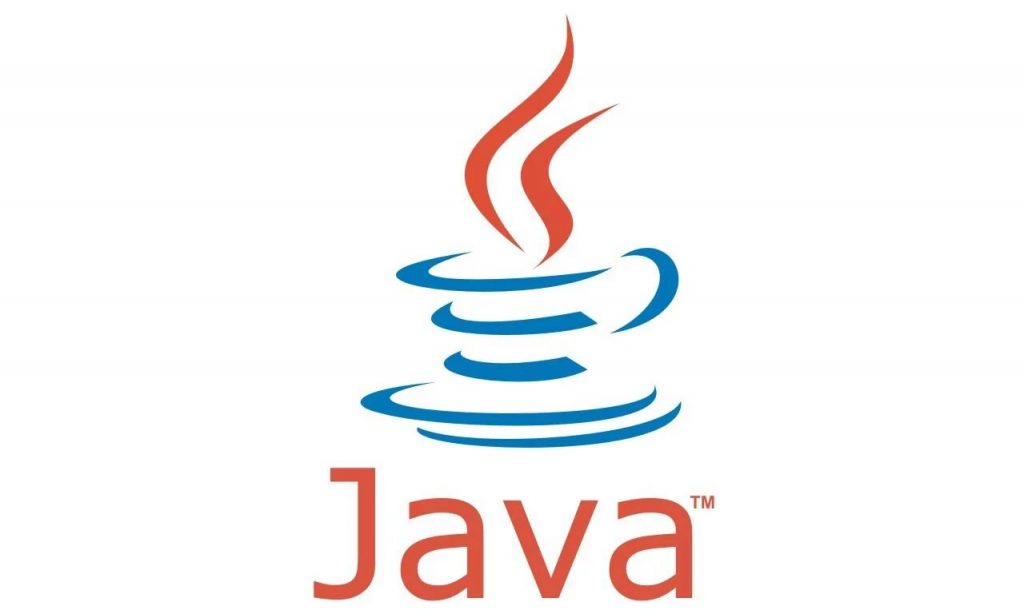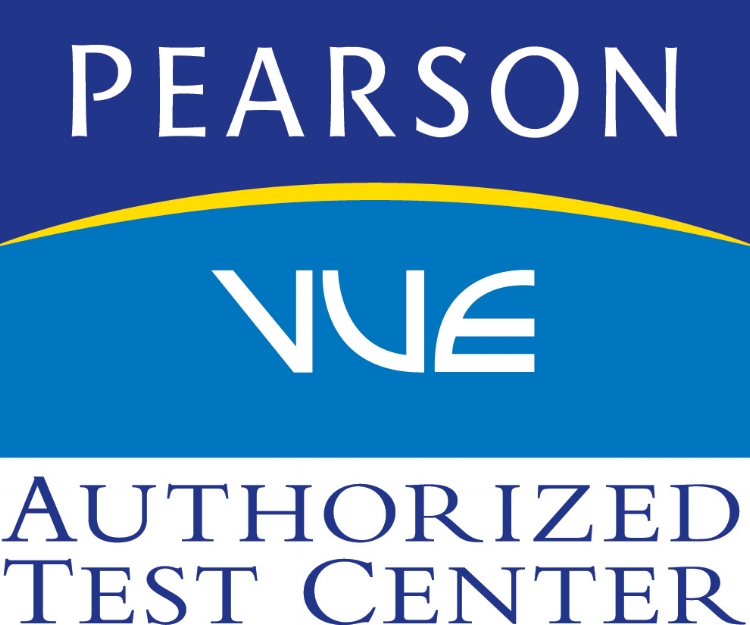In this module, you will learn about the tools an Azure Administrator uses to manage their infrastructure. This includes the Azure Portal, Cloud Shell, Azure PowerShell, CLI, and Resource Manager Templates. This module includes:
Lessons
- Azure Administrator Tools
- ARM Templates
Lab : Manage Azure resources by Using ARM Templates
Lab : Manage Azure resources by Using Azure PowerShell (optional)
Lab : Manage Azure resources by Using Azure CLI (optional)
Lab : Manage Azure resources by Using the Azure Portal
After completing this module, students will be able to:
- Use the Azure Portal and Cloud Shell.
- Use Azure PowerShell and CLI.
- Use ARM Templates to deploy resources.

















